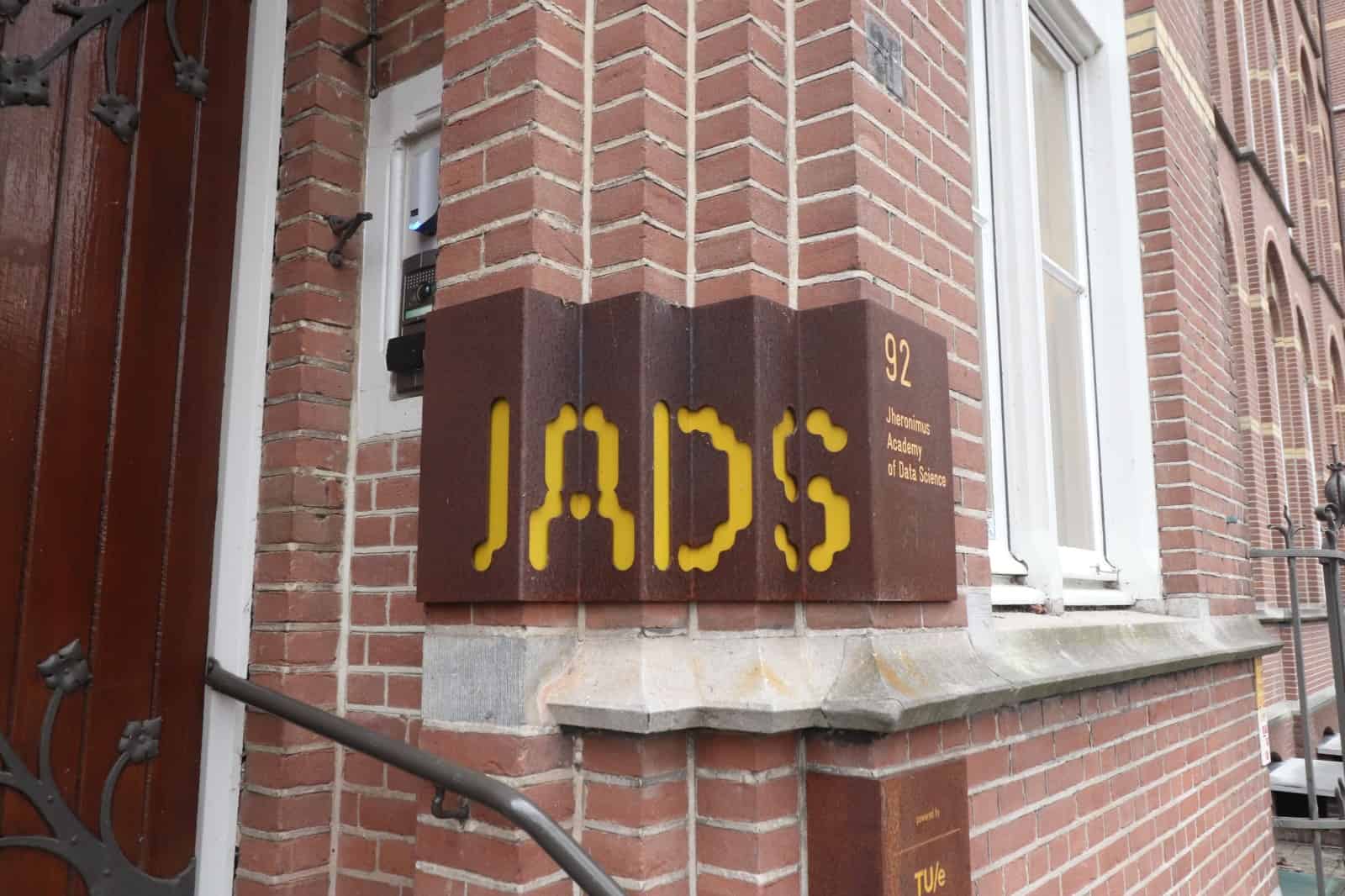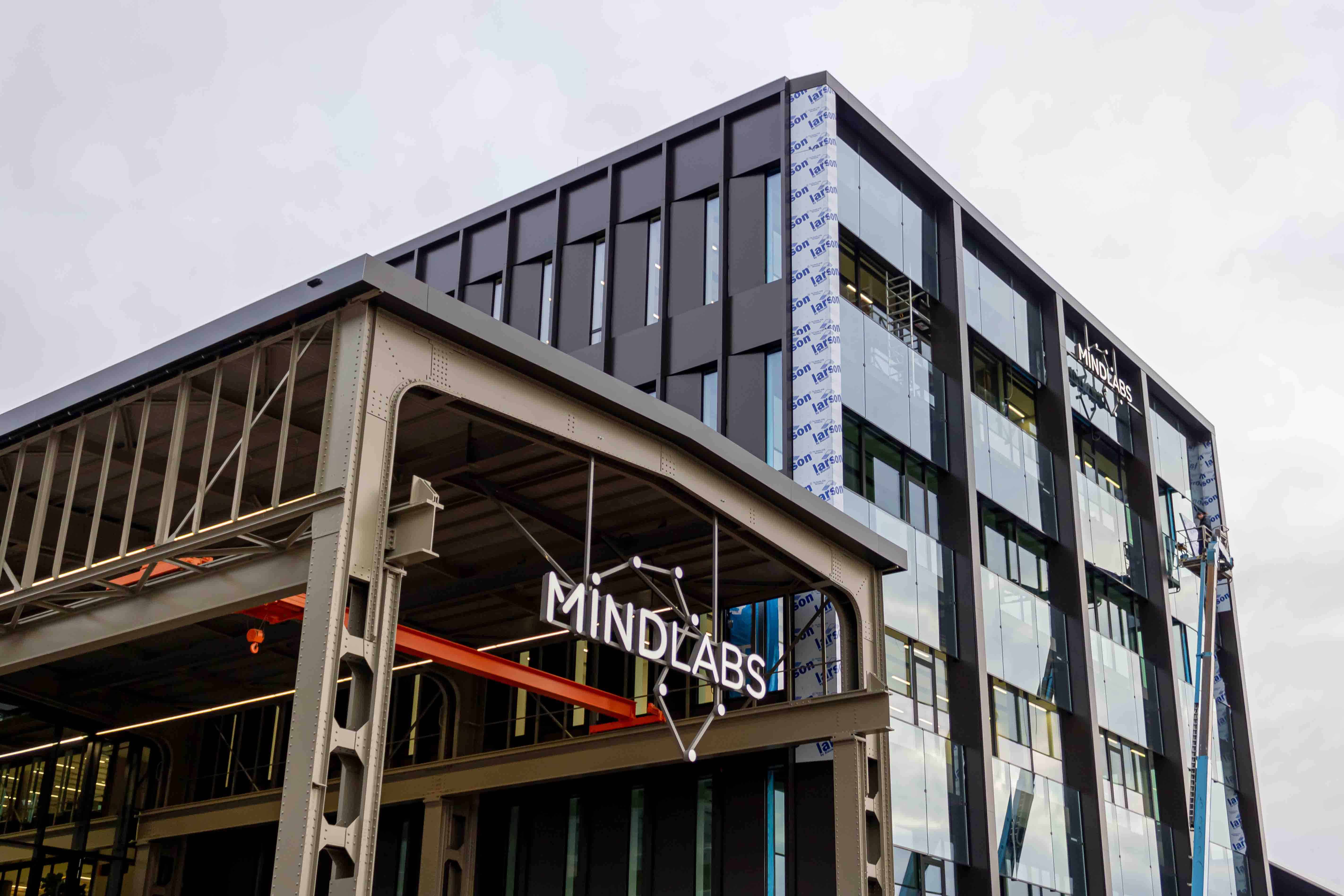
About Gashouders
- Founders: Pieter Mans (CEO), Jelmer Kalff (CCO), Willem Jan Eising (COO)
- Founded in: 2019, Arnhem
- Employees: 3
- Money raised: > 1 million euro's through subsidy and investment
- Ultimate goal: To make flare gas in the Netherlands unnecessary within 5 years and replace more than 10 million liters of diesel on an annual basis
Biogas that would otherwise be flared off is now used on building sites to generate power courtesy of the Arnhem-based company Gashouders. The Dutch company forms an important link between the Vallei & Veluwe Water Board – where the biogas comes from – and the construction companies that want to work in a sustainable way. The start-up sets a high value on the cooperation with the water board. The company’s motto is: “You travel faster alone, but go farther together.” In this instalment of Start-up of the day, Jan Willem Eising, COO of Gashouders, tells us more about it.
Biogas has been used as a fuel for some time now. Your concept is simple, but innovative. What is your secret?
“True, biogas is already being used more often. But then it is being burned on site. We thought it was a shame that such a sustainable product with hardly any emissions was being flared off. All three of us – my partners Pieter Mans (CEO) and Jelmer Kalff (CCO) and I – quit our jobs to focus completely on this. It was not an easy business case. One of the suppliers we approached immediately said that what we wanted – compressing biogas with CO2 into gas cylinders – was technically impossible. We do not want to extract the CO2 from the biogas because that is a very expensive, energy-intensive process, and, especially for small flows, it isn’t profitable either. We knew from our own research that this was actually feasible. Thanks to our pragmatic and ultimately solution-oriented attitude, we nevertheless succeeded in convincing our partners. We form the link between the various companies. We take over the biogas surplus from the water boards, have it cleaned in a specialized way, then dried and compressed into cylinders. This enables contractors to use it on construction sites in order to generate electricity as a sustainable alternative to, for example, diesel. We provide the whole package: biogas, storage, and the transport.”
So, your solution means flaring biogas is no longer necessary?
“Among other things. Biogas is produced naturally through the fermentation of sewage sludge. The Vallei & Veluwe water board uses some of that biogas itself. But they still had some surplus gas left over. That was flared off. Because we solve this problem for them, we can get that gas from them. If we need more to supply to our customers, we then pay a fee for that.”
“Our gas is an opportunity for the construction industry to become more sustainable. When bidding for contracts, construction companies must also include environmental costs in their calculations nowadays. These are notional costs that are used to calculate the impact on the environment. This is in addition to the price of diesel, for example. The use of our gas enables contractors to become more sustainable. As a result, the tender can also be cheaper. They pay the price of conventional fuels, but they get sustainable energy. That is unique. In view of the energy transition, this is by no means unimportant.”
Also interesting: Plenty of alternatives to Russian gas, but not in the short term
How is your innovation being received?
“The pilot phase we are in was officially supposed to last until the end of 2022. But we are already up and running. One customer, GB Bouwbedrijf, has already ordered a second and third generator from us. In other words, they want to start scaling up now. The filling station, where the biogas is tapped, has also already been put into operation at the water board. “
“We are now in talks with other water boards and operators of water treatment plants so that we can expand even further. Sustainable fuels and this kind of application have great potential. But we are also looking at other avenues. For one thing, we are working on hydrogen as well. We recently received an investment from Unknown Group and OOST NL that will help us further develop and expand Gashouders.”
Are you planning to focus on other sectors too?
“We are focusing on places where there is a high demand for energy but that don’t have a power grid. The events sector seems interesting in that case. However, the problem is that events like festivals consume a lot of energy within a short period of time. Biogas production is a stable process whereby almost always the same amount is produced. You simply cannot start producing extra biogas for one weekend. In contrast, construction projects are pretty continuous over longer periods of time. Supply and demand then match up better with each other.”
“We don’t want to provide a supply for the sake of providing a supply. We also advise companies that have access to mains electricity to make use of that. It is cheaper and potentially more sustainable than biogas, despite the low emissions that the latter produces. In the future, we can look at other applications for our system, such as emergency power, heat networks, and data centers.”








